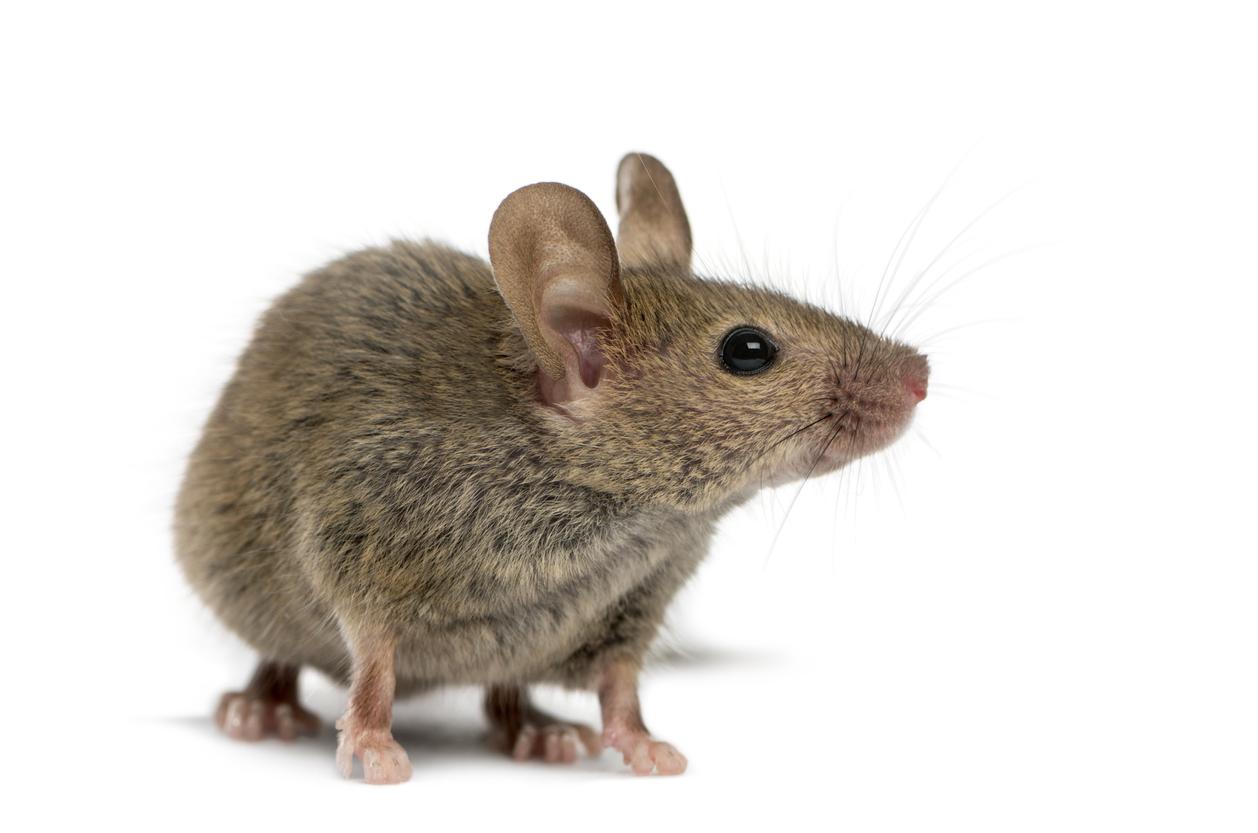Can Mice Get Upstairs?
Have you noticed signs of mice on the upper floors of your home or workplace? Is this even possible?
Given their miniature nature, it might seem like a bit of a mammoth task for a mouse to get upstairs in your house, so it’s with good reason that people begin to wonder about these things. It’s especially concerning as people tend to want to feel safe and comfortable when tucked up in bed at night — something you can’t do if you think there are tiny intruders scurrying around.
This month at Pest Defence, we’ll break down whether mice can go upstairs, how and why it might happen, and what you can do to prevent mice from progressing higher in your building.

Do mice usually go upstairs?
The answer here is no, not usually. But that doesn’t rule out a mouse – or mice – from reaching the upper levels of a home, office or restaurant.
Creatures of habit, mice will tend to stick to the lower levels of buildings since it’s much easier and quicker for them to get in and out. Plus, most kitchens are situated on the ground floor, which is likely where they’ll find the food source that’s attracting them.
However, if you notice signs of mice in your home upstairs, don’t ignore them. Call your local, professional pest control experts here at Pest Defence and we’ll be on hand to rid you of any mouse infestation.
How do mice get upstairs?
It may seem obvious, but the easiest way for mice to get upstairs in your building is via the stairs. It takes some effort, but nothing is stopping them from climbing the steps one by one, especially if they’re carpeted.
Aside from the route one tactic, mice can also climb up through your wall cavities if the floors connect. As they are great at squeezing through gaps and being able to sniff out different routes, it’s a particular problem for older properties or for those with chimneys — any gap or crack is an invitation for a mouse to climb.
Did you know that mice are also good at jumping? This means they could be climbing vegetation outside your home and finding a way in by making the small leap in search of somewhere dry and warm to nest.
Can mice climb walls?
Yes, mice can climb walls and they’re actually pretty good at it, too. Since they have small bodies and dextrous limbs, it’s a lot easier for them to pull themselves up walls and other inclines. Also, their feet have small claws at the end, acting as grappling hooks — hence why it’s not unheard of to find them upstairs in a property.
Why might a mouse go upstairs?
While it’s an unlikely occurrence, it’s a good idea to establish some of the reasons a mouse might venture upstairs in a home or any commercial building, giving you a better chance of preventing it from happening in the first place.
- They want to find a nesting place – If they’re making this effort, they’re probably seeking somewhere warm and dry for winter, making the upper levels more appealing. Sensitive whiskers mean they can follow temperature changes, something that might lead them upwards on occasion for warmth. It’s one of the reasons you might find mice in your loft, where there is plenty of material available for them to shred into fodder for nesting.
- They want to find food – If food sources are scarce downstairs, a plucky mouse might try its luck upstairs instead, especially if they can smell food that has been left in a bedroom or if you have a kitchen on an upper level.
- They are moving into undisturbed areas – If the upper floor of your home isn’t actually used that much because you stay downstairs, or if your commercial space has been empty upstairs for a while, mice might simply be finding their way there because they like to avoid humans and any disturbances.
How can I prevent this?
You need to prevent mice from getting into your home or business because they carry diseases via their urine and faeces. This is not safe for humans or pets, so prevention in the first place is definitely the best recommendation. Here are a few ways to stop mice from getting upstairs:
- Fill in any gaps or crevices externally as well as internally, especially in your attic, around the eaves of the roof and in any cellar or basement.
- Keep external doors closed to prevent an open invitation, including your garage door.
- Store your food away securely, and don’t leave food lying around. This eliminates smells for them to follow on any floor of the building.
- Maintain ventilation covers – whether it’s an air brick or mesh/wire coverings – where they have been damaged to prevent ingress.

Pest Defence: Helping with any mouse infestation at home or work
If you’re worried that you’ve already got a mouse infestation on any floor of your home or commercial property in Essex and London, then help is at hand from our friendly and reliable team.
At Pest Defence, we have over 30 years of experience as fully qualified pest controllers. We work swiftly and discreetly to rid you of mice and other rodents, with hundreds of happy, satisfied clients to prove our success rate in this area.
For more general info and advice on rodent control, visit our dedicated blog category.
Call today and tell our team about your mouse control requirements and we’ll arrange a visit at your earliest convenience.
